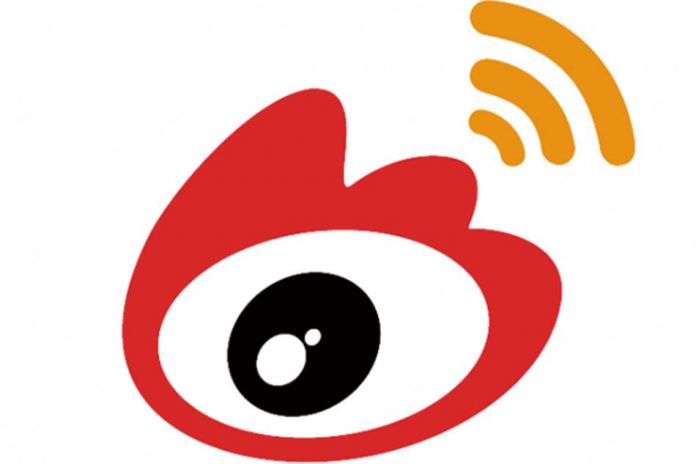
HONG KONG – Chinese social media giant Weibo is making a push into foreign markets and is considering launching new products in different languages, a senior executive told AFP, brushing off concerns over censorship and credibility.
The Twitter-style platform has long been prominent in China, known for its heavy censorship and Great Firewall, but it now wants to reach Chinese audiences overseas, Weibo Sports senior operations director Zhang Zhe said.
“We want everyone in the Chinese-speaking world to use Weibo,” he said on the sidelines of this week’s Sports Connects sport-business conference in Dongguan, southern China.
Zhang added that Weibo is also looking into hiving off new, more niche products in different languages including English, partly inspired by the success of China’s TikTok overseas.
The short-form video-sharing app has proved wildly popular this year. Its Beijing-based creator, Bytedance, this week announced a global tie-up with basketball’s NBA that will allow it to show highlights in several countries, including the US.
“Weibo is a very comprehensively developed product. We not only have videos, we also have images, graphics, articles, even live streams. So we’ve got everything,” said Zhang, speaking through a translator.
“We can’t just introduce Weibo outside the country, because there’s already Twitter, Facebook. It doesn’t really make sense to compete directly so if Weibo is going abroad, we think maybe if we have just one dedicated area of the product, we can really cut into the market, like TikTok did,” Zhang added.
Zhang’s comments and the Bytedance announcement show how Chinese internet companies, no longer content with the domestic market in the world’s most populous nation, are beginning to look abroad.
But Chinese tech firms are not always welcomed overseas, with surveillance and data security chief among the concerns.
This week, New Zealand blocked China’s Huawei from its roll-out of 5G services, a move its largest telecoms carrier, Spark, blamed on national security worries. (Agence France-Presse)



